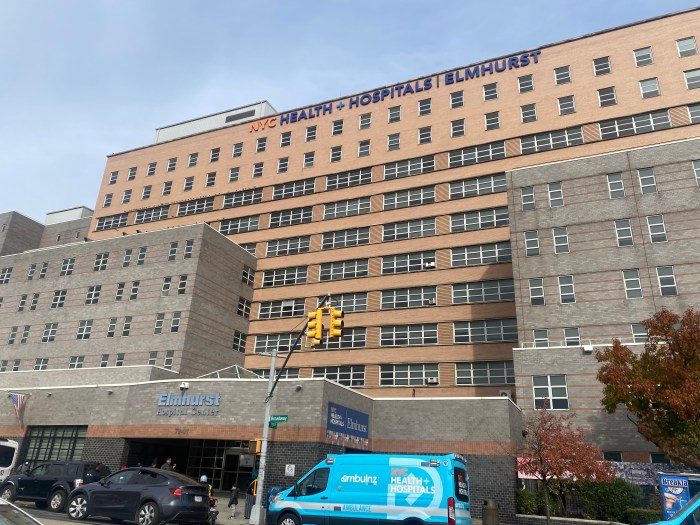Utilizing Promissory Notes to Protect Assets
By Ronald A. Fatoullah, Esq., CELA
The passage of the Deficit Reduction Act of 2005 (“DRA”) left a serious void for seniors contemplating legitimate Medicaid planning. The change in the look-back period from three to five years, coupled with the imposition of a penalty period for any transfer not beginning until the Medicaid applicant is in a nursing home, is otherwise eligible for Medicaid and has initiated an application, has made it more difficult to preserve assets in the face of long-term health care needs.
Over the course of this past year, elder law practitioners have attempted to develop alternative ways of salvaging some of an applicant’s assets when nursing home care is required. One such mechanism involves the use of a promissory note for someone who needs immediate nursing home care.
The DRA specifically indicates that a promissory note held by an applicant will not be treated as a countable asset provided the note meets certain criteria. The note must be non-assignable and non-negotiable. In addition, it must be actuarially sound (i.e., the term of the note can not be longer than the holder’s life expectancy), each payment must be the same amount, and the interest rate must be equal to or greater than the applicable federal rate for the month in which the note is created.
To illustrate how a promissory note would work in the context of a Medicaid plan, assume Mrs. Smith, a 75-year-old resident of Queens, requires nursing home care. She owns a CD of $97,950 in her name and will be entering the nursing home in June 2007. Mrs. Smith receives $1,000 in Social Security per month. The plan would be for Mrs. Smith to gift $46,875 to her daughter in the month of May. Such transfer will generate a five-month penalty or waiting period in which Mrs. Smith will be ineligible for Medicaid nursing home coverage ($46,875 divided by $9,375). At the same time that Mrs. Smith makes the gift of $46,875, she will lend $46,875 to her daughter. Such loan will be reflected by a promissory note executed by Mrs. Smith’s daughter in which she agrees to repay her mother over the course of five months. The term of the note must be calculated in such a way that the monthly payments on the note, plus Mrs. Smith’s monthly Social Security, do not exceed the monthly private pay rate of the facility.
Following our example, Mrs. Smith gifted approximately half her assets and loaned the balance to her daughter. The only amount remaining in her name is the allowable resource threshold of $4,200.
If Mrs. Smith enters a nursing home on June 1st, she will be able to initiate a Medicaid application at such time. The rules provide that the applicant must be receiving institutional care and must otherwise be eligible for Medicaid in order to initiate the Medicaid application. Although Mrs. Smith’s gift to her daughter will generate a five-month penalty period, an application must be submitted in order to start the penalty period running. The penalty period will pass by the end of October, so that Mrs. Smith’s actual Medicaid pickup date would be November 1, 2007. In the interim, her care will be paid privately with her daughter’s monthly repayment of the promissory note together with Mrs. Smith’s monthly income.
It is important to stress that there is a certain element of uncertainty with respect to Medicaid’s ultimate treatment of this promissory note plan. Although we have been successful using such a plan, to a large extent, we are still treading through uncharted waters, and so the efficacy of such a plan cannot be guaranteed. We do know, however, that if utilized, the promissory note must be drafted with the utmost caution and all of the DRA’s rules must be observed. In addition, any Medicaid application involving the use of a promissory note should be supervised by an elder law practitioner.
Ronald A. Fatoullah, Esq., CELA (Certified as an Elder Law Attorney by the National Elder Law Foundation), is the principal of Ronald Fatoullah & Associates, a law firm that concentrates in elder law, estate planning, Medicaid planning, guardianships, estate administration, trusts and wills. The firm has offices in Great Neck, Forest Hills and Brooklyn, NY. Mr. Fatoullah has been named a “fellow” of the National Academy of Elder Law Attorneys and is a former member of its Board of Directors. He also serves on the Executive Committee of the Elder Law Section of the New York State Bar Association. Mr. Fatoullah is a co-founder of the Senior Umbrella Network of Queens, and currently serves on its Board of Directors. This article was written with the assistance of Debby Rosenfeld, Esq., Senior Staff Attorney at the firm. The firm can be reached by calling (718) 261-1700, (516) 466-4422, or toll free at 1-877-ELDER-LAW or 1-877-ESTATES.


































